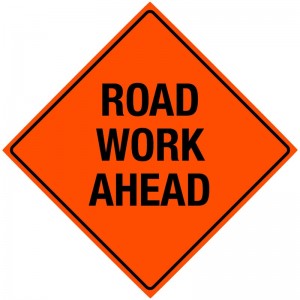 We all want state spending on transportation infrastructure, especially as we are sitting at a dead stop on I-70 going to the mountains or I-25 going anywhere. But one group refuses to read the tea leaves and insists upon pushing a tax increase, instead of requiring the legislature to efficiently prioritize budgets, to fund it.
We all want state spending on transportation infrastructure, especially as we are sitting at a dead stop on I-70 going to the mountains or I-25 going anywhere. But one group refuses to read the tea leaves and insists upon pushing a tax increase, instead of requiring the legislature to efficiently prioritize budgets, to fund it.
The effort spearheaded by the Denver Metro Chamber of Commerce would increase the state sales tax by .62 percentage points, if passed in 2018, and would go into effect in 2019. The $6 billion bond would cost taxpayers $9.4 billion over 20 years.
Is this likely to pass? We suspect this year’s ballot will be chock full of requests to jack up property and income taxes for a variety of pet projects. Translation: with so much on the ballot, it won’t pass.
Here is the polling from last year on the measure. While we’ve all had a year to marinate in standstill traffic, we doubt the appetite for new taxes has changed dramatically.
- 57 percent to 40 percent opposed a sales tax increase of six-tenth of a cent to raise $667 million annually.
- 60 percent to 38 percent opposed a 10-cent gas tax increase to raise $250 million a year.
- 58 percent to 37 percent opposed a formula that included increasing the sales tax by nine-tenths of a percent while decreasing the state’s 22-cent gas tax by 10 cents a gallon.
The problem is that, at the heart of this, Colorado taxpayers know that legislators, particularly those of the Democratic persuasion, refuse to prioritize spending to including the one thing that Coloradans want – easier commutes to work and a less stressful drive to and from the mountains.
That’s going to hurt come November.
